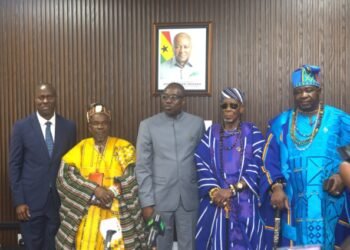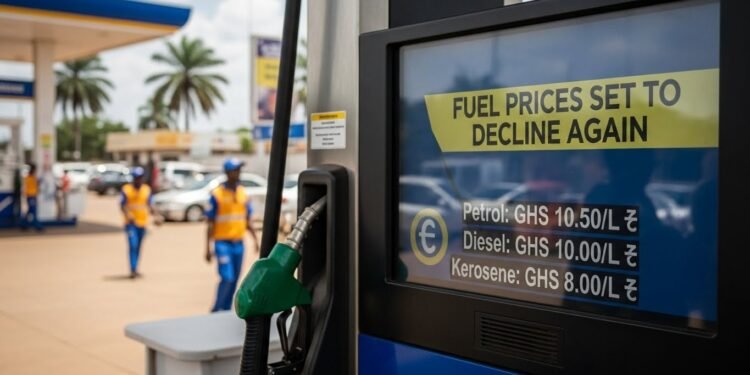A new research by the Research Team at Stanbic Bank has found that Ghanaians prefer Mobile Money as a digital payment method compared to any other form of digital payment platforms available.
The report reveals that there has been a significant growth in mobile money subscriber base recently. According to the report, since 2020, there was an estimated growth of about 15% in subscription. Accordingly, the value of transactions also increased to about GH¢589 billion making it the highest in West Africa.
“Ghana is known to have the highest mobile subscription amongst its peers in the West African sub-region. In 2020, for instance, mobile subscription in Ghana represented a total of c43m representing a 7% year-on-year increase as compared to other countries in the sub-region. This makes the country one of the fastest growing mobile money markets in Africa, giving more credence to the fact that the medium has become the most preferred digital payment method”.
Meanwhile, the report attributed the low mobile money among other digital payment platforms in the country to lower internet penetration. It further reveals that, the low internet penetration makes it difficult for Ghanaians to effectively use other digital payment methods.
RelatedPosts
“Ghana’s internet penetration level is relatively lower than developed markets, highlighting further need for growth. Unlike other digital payment methods, which require stable internet connection, mobile money works with a USSD code making it the most preferred mode of digital payment in the country”.
However, the report mentioned that, the impact of the COVID-19 pandemic has led to an increase in fixed data speed and patronage of data centres. This is as a result of many people working from home during the pandemic.
“The country recorded a 35% increase in fixed data speed following the COVID-19 pandemic. Also, the onset of COVID led to increased patronage of data centre as the need to work remotely and securely became paramount.”
More so, according to the report, the growth and impact of mobile money within Ghana’s financial ecosystem has led to the proliferation of web-based service providers. This has caused the government to introduce legislation and bodies to regulate the sector.
“The explosion of mobile money has led to the establishment of the Fintech and Innovative Division of the Bank of Ghana, as well the passing into law of the Payment Systems and Services Act of 2019 (Act 987)”.
Overall, the telecommunications sector comprising mobile network operators, tower companies, internet service providers, data centres, fintechs, radio and TV stations and satellite TV service contributed 3% to Ghana’s GDP.
Mobile Money service was first introduced by Safaricom in Kenya. Since its introduction, it has been adopted by many other developing countries in the world including Ghana. It was first introduced in Ghana in 2009 and has now formed an integral part of the banking system in Ghana. It has made transaction easier. It is therefore, unsurprising that several Ghanaians prefer to use mobile money to other digital payment systems.
READ ALSO: Think twice before cutting down a tree- Edward Boateng























